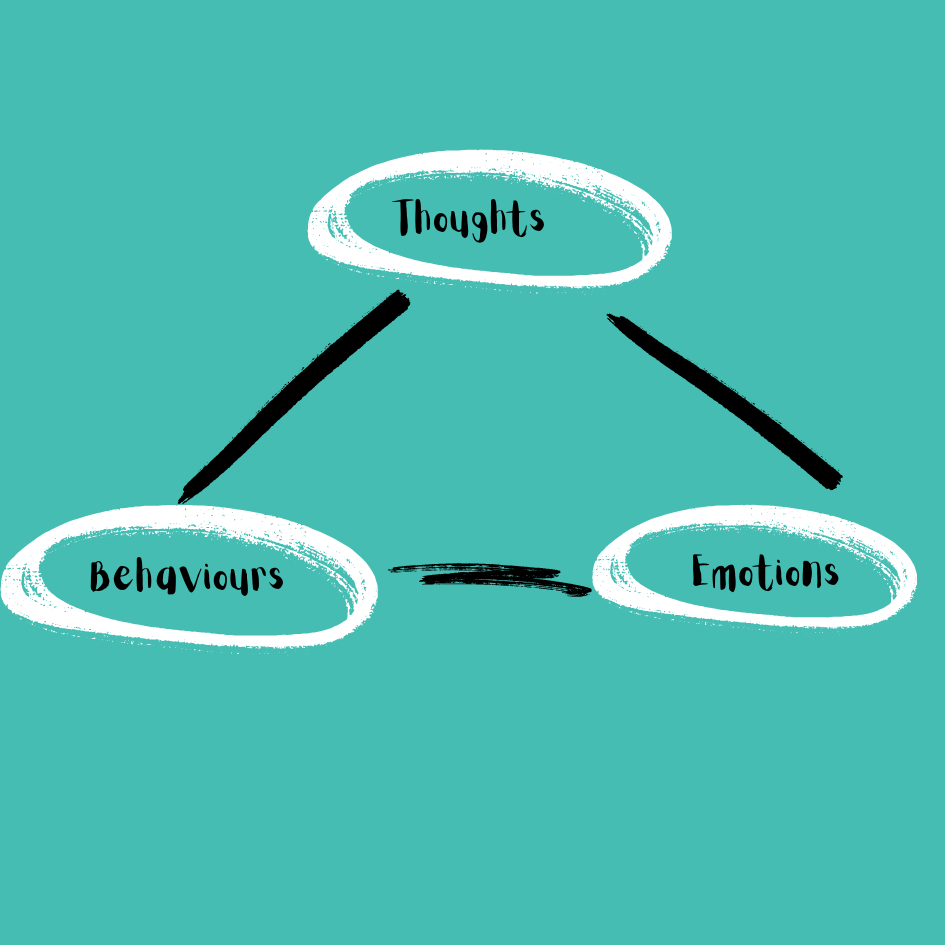- What is Psychology?
- What Does a Psychologist Do?
- A Range of Conditions and Situations That a Psychologist Can Help With
- Isn’t Psychology Only for When You Are Sad or Depressed?
- How Can Psychology Help Me Improve My Performance?
- What is Sports Psychology?
- What is Self Determination and How do Psychologists Help You Build it?
- Do Psychologists Prescribe Medicine?
- How Often do I Need to See a Psychologist?
- What are Maintenance Psychology Sessions?
- Psychologist Versus Psychotherapist
How Can Psychology Help Me?
In today’s fast-paced world, managing stress, maintaining healthy relationships, and achieving personal goals can be challenging. However, many Australians may not realise that psychology can offer valuable support and guidance in navigating life’s ups and downs. In this blog, we’ll explore how psychology can help you lead a happier, more fulfilling life.

What is Psychology?
Psychology is the scientific study of the mind and behaviour. It encompasses various areas, including understanding how we think, feel, and act as individuals and in groups. Psychologists use research-based methods to explore and address a wide range of issues, from mental health concerns to improving performance in various aspects of life.
What Does a Psychologist Do?
A psychologist is a trained professional who helps individuals understand their thoughts, feelings, and behaviours. They use a variety of therapeutic techniques to support clients in overcoming challenges, managing stress, and improving their overall well-being. Psychologists work with people of all ages and backgrounds and tailor their approach to meet each individual’s needs.
A Range of Conditions and Situations That a Psychologist Can Help With
Psychologists are trained to address a wide range of mental health concerns and life challenges. Some common reasons people seek therapy include:
Anxiety disorders
Depression
Stress management
Relationship issues
Family conflicts
Grief and loss
Trauma and PTSD
Anger management
Substance abuse
Eating disorders
Self-esteem issues
No matter what you’re facing, a psychologist can offer support, guidance, and evidence-based strategies to help you cope and thrive.
Isn’t Psychology Only for When You Are Sad or Depressed?
While psychology certainly offers support for those experiencing sadness or depression, its scope is much broader. Psychologists can assist with a wide range of concerns, including anxiety, relationship issues, career transitions, grief, trauma, and more. Additionally, psychology can help individuals build resilience, develop coping skills, and enhance their quality of life, even when not experiencing significant distress.
How Can Psychology Help Me Improve My Performance?
Psychology isn’t just about addressing problems; it’s also about enhancing performance and achieving goals. Whether looking to excel in your career, improve your academic performance, or enhance your athletic abilities, psychologists can provide valuable strategies and techniques to help you reach your full potential. They can assist with goal setting, time management, stress management, and building confidence.
What is Sports Psychology?
Sports psychology is a specialised field that focuses on how psychological factors affect performance and participation in sports and athletic activities. It explores the mental aspects of sports performance, including motivation, confidence, concentration, goal setting, and resilience. Sports psychologists work with athletes, coaches, and teams to enhance performance, manage stress, and improve overall well-being.
In sports psychology, professionals use a variety of techniques and interventions to help athletes optimise their mental skills and reach their full potential. This may include visualisation exercises, goal setting strategies, relaxation techniques, and mental rehearsal. Sports psychologists also address issues such as performance anxiety, fear of failure, and self-doubt, helping athletes develop coping mechanisms and mental toughness.
Additionally, sports psychology extends beyond performance enhancement to include areas such as injury rehabilitation, team dynamics, leadership development, and career transitions. By understanding the psychological factors that influence athletic performance, sports psychologists play a crucial role in helping athletes achieve success both on and off the field.
What is Self Determination and How do Psychologists Help You Build it?
Self-determination refers to the ability to make choices, set goals, and take control of one’s life. Psychologists assist individuals in building self-determination by fostering autonomy, competence, and relatedness. They empower clients to identify their strengths, values, and aspirations, helping them develop a sense of agency and confidence in decision-making. Psychologists also provide support in setting realistic goals, developing problem-solving skills, and enhancing self-awareness. Through various therapeutic techniques and interventions, psychologists encourage clients to explore their interests, overcome obstacles, and actively engage in shaping their lives according to their preferences and values. Ultimately, psychologists help individuals cultivate a sense of empowerment and ownership over their personal growth and well-being, leading to greater autonomy and fulfilment.
Do Psychologists Prescribe Medicine?
Psychologists typically do not prescribe medication. However, they may work closely with other healthcare professionals, such as psychiatrists or general practitioners, who can prescribe medication when necessary. Psychologists primarily focus on providing therapy, counselling, and other non-medication-based interventions to support mental health and well-being.
How Often do I Need to See a Psychologist?
The frequency of therapy sessions varies depending on the individual’s needs and goals. Some people may benefit from weekly sessions, while others may prefer biweekly or monthly appointments. Your psychologist will work with you to determine the most appropriate schedule based on your unique circumstances and treatment plan.
What are Maintenance Psychology Sessions?
Maintenance psychology sessions are ongoing therapy sessions designed to support individuals in maintaining their progress and preventing relapse. These sessions may occur less frequently than initial therapy sessions and focus on consolidating skills, addressing any emerging issues, and providing ongoing support as needed. Maintenance sessions can help individuals stay on track with their goals and continue to thrive in the long term.
Psychologist Versus Psychotherapist
In Australia, the terms “psychologist” and “psychotherapist” refer to professionals who work in the field of mental health, but there are differences between the two roles:
Qualifications and Training: Psychologists typically hold a minimum of a four-year undergraduate degree in psychology, followed by postgraduate studies and supervised practice to become registered. They are trained to assess, diagnose, and treat mental health conditions using evidence-based therapies. Psychotherapists, on the other hand, may have various backgrounds and qualifications. While some psychotherapists have psychology degrees, others may have qualifications in counselling, social work, or other related fields. Their training and registration requirements can vary, and they may specialize in specific therapeutic approaches.
Regulation and Accreditation:Psychologists in Australia must be registered with the Australian Health Practitioner Regulation Agency (AHPRA) and adhere to national standards of practice and ethics. Psychotherapists may not be subject to the same level of regulation, depending on their specific qualifications and professional associations. However, many psychotherapists choose to join professional bodies and adhere to codes of ethics and standards of practice.
Overall, while there is some overlap in the services provided by psychologists and psychotherapists, psychologists typically undergo more extensive training and adhere to stricter regulatory standards in Australia. They are often considered specialists in the assessment, diagnosis, and treatment of mental health conditions, while psychotherapists may focus primarily on providing therapy within a specific theoretical framework or modality.
In conclusion, psychology offers a wealth of resources and support for individuals looking to improve their mental health, enhance their performance, and lead more fulfilling lives. Whether you’re struggling with a specific challenge or simply seeking personal growth, a psychologist can provide valuable insights, strategies, and support to help you achieve your goals. Don’t hesitate to reach out and explore how psychology can help you live your best life.



